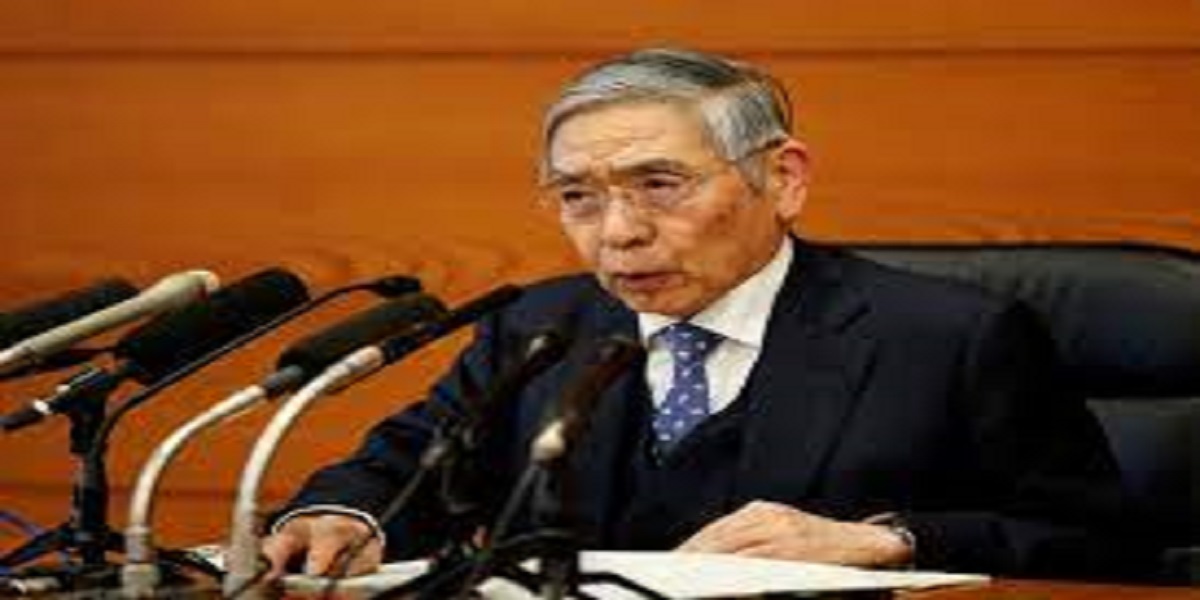- Japan’s core consumer inflation hit 2.1% for two straight months in May.
- The rise was due almost entirely to soaring energy prices, Governor Haruhiko Kuroda said.
- Core consumer inflation may stay around 2% for about a year.
- But is likely to slow to around 1% in the next fiscal year.
The Bank of Japan BOJ will keep up with its super free money-related strategy as the economy has not been impacted a lot by the worldwide inflationary pattern, Governor Haruhiko Kuroda said, focusing on the country’s 15-year experience with flattening is keeping wage development quelled.
Japan’s center shopper expansion hit 2.1% for two straight months in May, yet the increment was expected for the most part to take off energy costs, Kuroda was cited as saying in a video recording of a course delivered on Wednesday.
Read more: San Diego and Baltimore bond collusion cases against large banks
While center buyer expansion might remain around 2% for about a year, it is probably going to ease back to around 1% in the following monetary year starting in April 2023, he said.
“Not at all like different economies, the Japanese economy has not been quite impacted by the worldwide inflationary pattern, so money-related strategy will keep on being accommodative,” he expressed, as indicated by the recording delivered by the Bank for International Settlements (BIS).
As the result of Japan’s 15-year emptying that endured through 2013, the nation’s organizations have become “exceptionally mindful” in raising costs and wages, Kuroda said in the class held in Basel on Sunday.
“The economy recuperated and organizations recorded high benefits. The work market turned out to be very close. However, compensation didn’t expand a lot and costs didn’t increment much,” he said.
Taking off worldwide ware costs and a powerless yen, which expands the expense of bringing in unrefined substance, have pushed Japan’s center customer expansion over the BOJ’s 2% objective.
Yet, Kuroda has over and over focused on the need to keep up with super-low loan costs until the expansion is driven to more areas of strength, making the BOJ an exception among a worldwide rush of national banks of BOJ climbing rates to battle flooding expansion.
Kuroda said it was “incredibly troublesome” to survey the effect different underlying changes, for example, geopolitical dangers and digitalization could have on the worldwide economy.
Read more: Brazilian Caixa’s CEO is being investigated for physical harassment
“Anyway, the order of national banks will continue as before. That is to balance out costs for financial improvement with our money-related strategies, albeit the strategy transmission divert may change in a quickly impacting world with vulnerabilities,” he said.

















